BLP A-Z of Learning English: «O» for «Opposite»
Maria del Pilar Gracia
03/12/2020
When you first start learning English, chances are one of the first things you do is learn opposite pairs. We do this with adjectives when we learn the basics: good/bad, big/small. When we’re learning our first verbs: open/close, come/go.
As we learn a bit more, as our English level increases, we are introduced to prefixes and suffixes which change the meaning of the words to make opposites. We have lots of prefixes which can create opposites: common/uncommon, legal/illegal, polite/impolite, direct/indirect. We can also use a suffix: careful/careless, useful/useless
Learning things in groups, or chunks, helps us to make the connections we need for long-term learning. And opposites, or antonyms – as they are also called, are a useful tool for this.
So, you would think that it is all very “black and white”. But of course, English is never that simple. There is a group of words that are called contranyms – and these are words that that have opposite meanings. And which meaning depends entirely on the context of the sentence. Here are just a few:
 bill: a type of money / money owed
bill: a type of money / money owed
- I have a $10 bill in my wallet. I have money in my wallet.
- The restaurant bill is for $10. I owe the restaurant money.
- bolt: to fasten in a fixed position / to leave a place with great acceleration
- Did you bolt the door? You need to make sure that the door is securely locked.
- The horse was frightened by a noise and bolted. Now we have to go look for it.
- buckle: to secure, fasten / to collapse due to an external force
- Be sure to buckle. Put your seatbelt on!
- The metal structure couldn’t withstand the heavy weight and buckled under the strain.
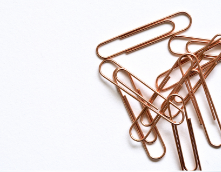 clip: to fasten with a clip / to cut or cut off
clip: to fasten with a clip / to cut or cut off
- I need to buy paper clips so that I can fasten these documents together.
- My bushes have grown too much. This weekend I’ll do some gardening and clip the bushes.
- custom: conventional behaviour / specially designed
- When you move to a new place, you have to get used to new habits and customs – like eating lunch at 3 pm!
- This house is quite unique. It’s a custom build – exactly to my specifications.
 dust: remove dust / add dust to
dust: remove dust / add dust to
- The house is quite dirty. I need to dust the furniture and get everything nice and clean.
- Once the cake is finished, dust it with some powdered sugar and serve.
- execute: end someone’s life / start a programme.
- The state of Texas still executes violent criminals. They believe in the death penalty.
- Once the programme is installed, you must execute it to get it started and working properly.
- fast: move quickly / not move, keep in place
- My dog is a greyhound and he runs very fast.
- The door is secure and will hold fast.
- garnish: add decoration on food / remove, take from
- Carlos Arguiñano likes to add a little garnish to every plate. He usually adds parsley as a garnish.
- My wages were garnished this week by the government to pay for a pending fine. How annoying!
- left: the past tense of leave – to have gone / remaining
- Where is Thom? Has he left work already?!
- There are only two people left in the department.
- original: plain, unadorned, unchanged / new and creative
- Coca Cola tried to improve their formula, but they had to go back to the original
- We need to come up with an original idea for the ad campaign.
- rent: to pay to use something / get paid to let others use something.
- I don’t have my own property, I rent a house in the city centre with two other people.
- I have a property that I don’t live in, so I’m going to rent it and make some extra income.

Don’t despair! Have fun with English and learn some contranyms!

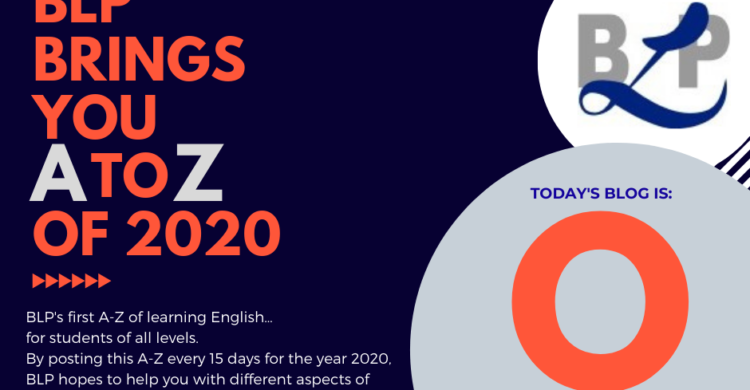
 bill: a type of money / money owed
bill: a type of money / money owed
 clip: to fasten with a clip / to cut or cut off
clip: to fasten with a clip / to cut or cut off
 dust: remove dust / add dust to
dust: remove dust / add dust to
















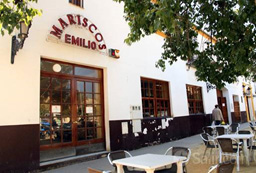


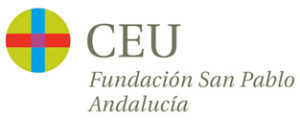


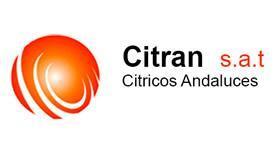

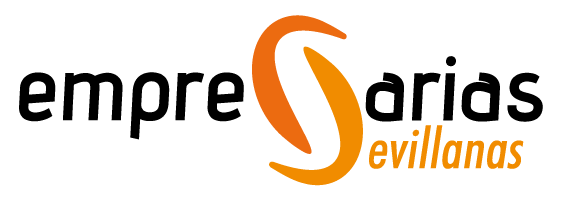
Leave a Comment
Lo siento, debes estar conectado para publicar un comentario.